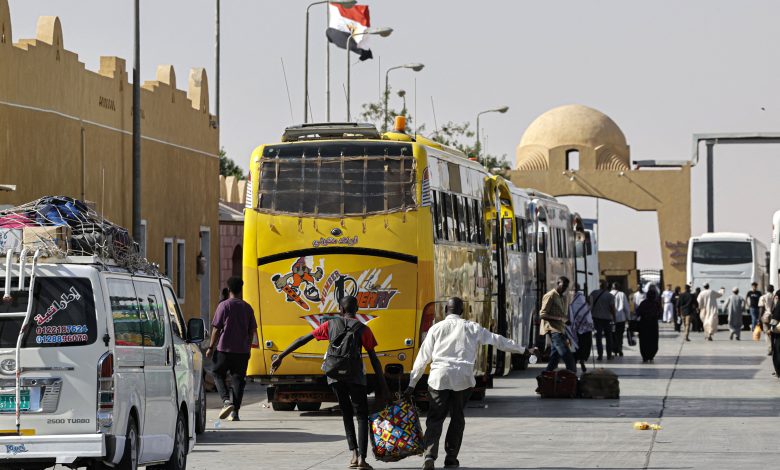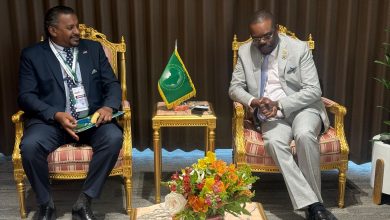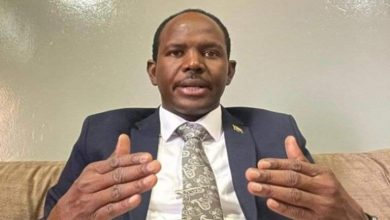Egypt in response to Amnesty International regarding the deportation of Sudanese: We do not allow illegal immigrants to enter our territory

Sudan Events – Agencies
National Coordinating Committee for Combating and Preventing Illegal Immigration and Human Trafficking, affiliated with the Egyptian Cabinet, denied the existence of any arbitrary measures against Sudanese refugees in Egypt.
Head of the committee, Ambassador Naila Gabr, said, according to the Asharq Al-Awsat newspaper, that Cairo only deports those who have committed a crime and those who do not respect the country’s internal laws, affirming that the rights of refugees inside Egypt will not be affected, particularly since Cairo signed the International Convention Relating to the Status of Refugees in 1951.
She explained that Egypt asked all foreigners, including Sudanese, present on its territory to “regularize their legal status for residency inside the country, like any country that maintains its sovereignty,” noting that Egypt provided facilities for Sudanese who came after the internal war, including extending the periods for regularizing legal status, and allowing those who came illegally to legalize their status.
Amal Salama, a member of the Human Rights Committee in the Egyptian Assembly of Representatives (Parliament), considered the Amnesty International report “an attempt to undermine Egyptian efforts,” explaining to Asharq Al-Awsat that “the report is contrary to reality.” She provided evidence for this by saying that “Egypt receives thousands of refugees from Arab and African countries, particularly those experiencing conflicts, and they are received normally and treated like Egyptians.”
Alaa Shalabi, a member of the National Council for Human Rights in Egypt and head of the Arab Organization for Human Rights, told Asharq Al-Awsat that “Cairo does not allow illegal immigrants to enter its territory,” noting that “the Sudanese who were deported are not refugees or asylum seekers, but were treated as victims (of illegal immigration) and returned to their country.”
Shalabi links between Egyptian measures to legalize the status of foreigners on its territory and the increasing economic burdens of hosting them.
He pointed out that “Egypt used to not return illegal immigrants to their countries, but with the absence of international aid for refugees, and the difficult economic conditions internally, it is not possible to request an increase in the number of arrivals to it in light of these increasing burdens.”
Shalaby considered that “Cairo is facing a crisis due to the increase in refugees on its territory, and the absence of international support for it,” noting that “the total direct and indirect support that Egypt received in the last 15 months is less than $100 million.” (The US dollar is equal to gold 47.71 pounds in Egyptian banks).



